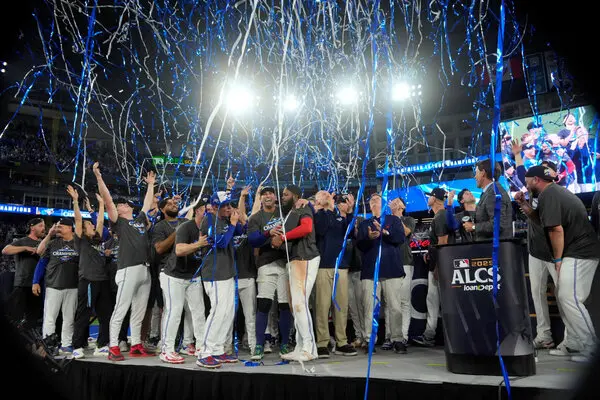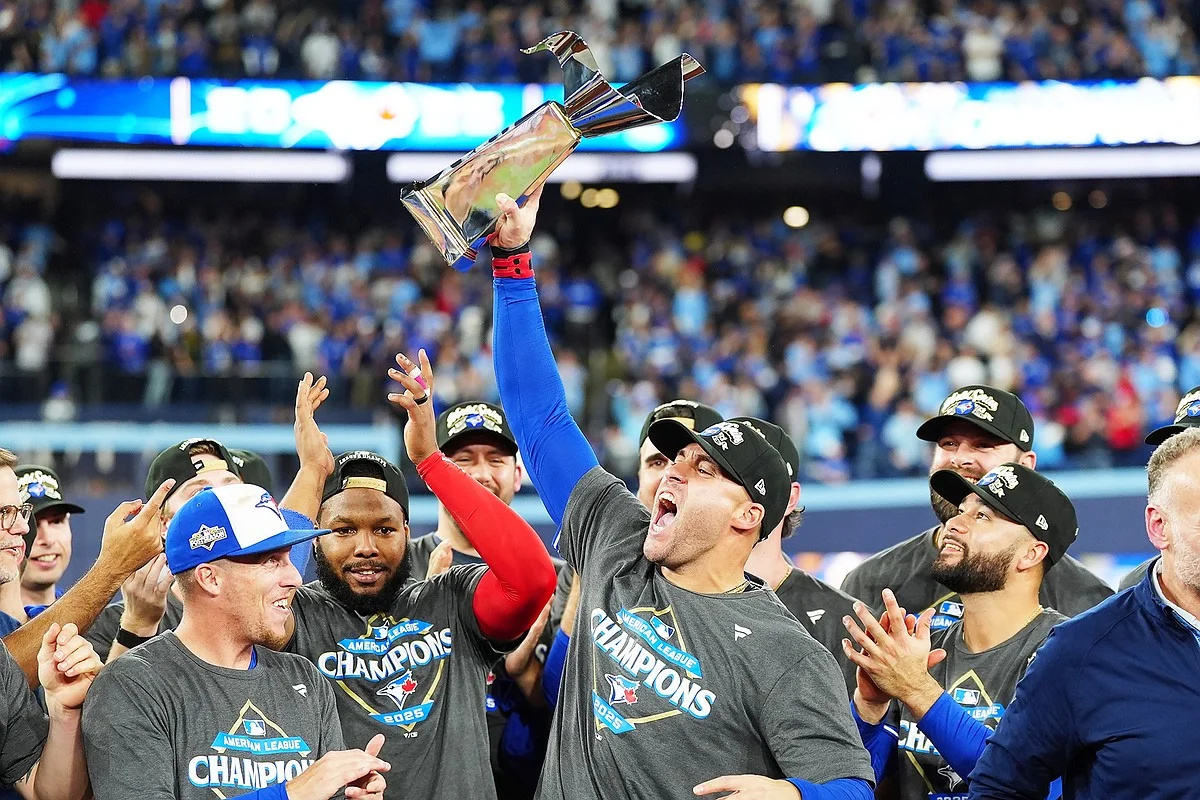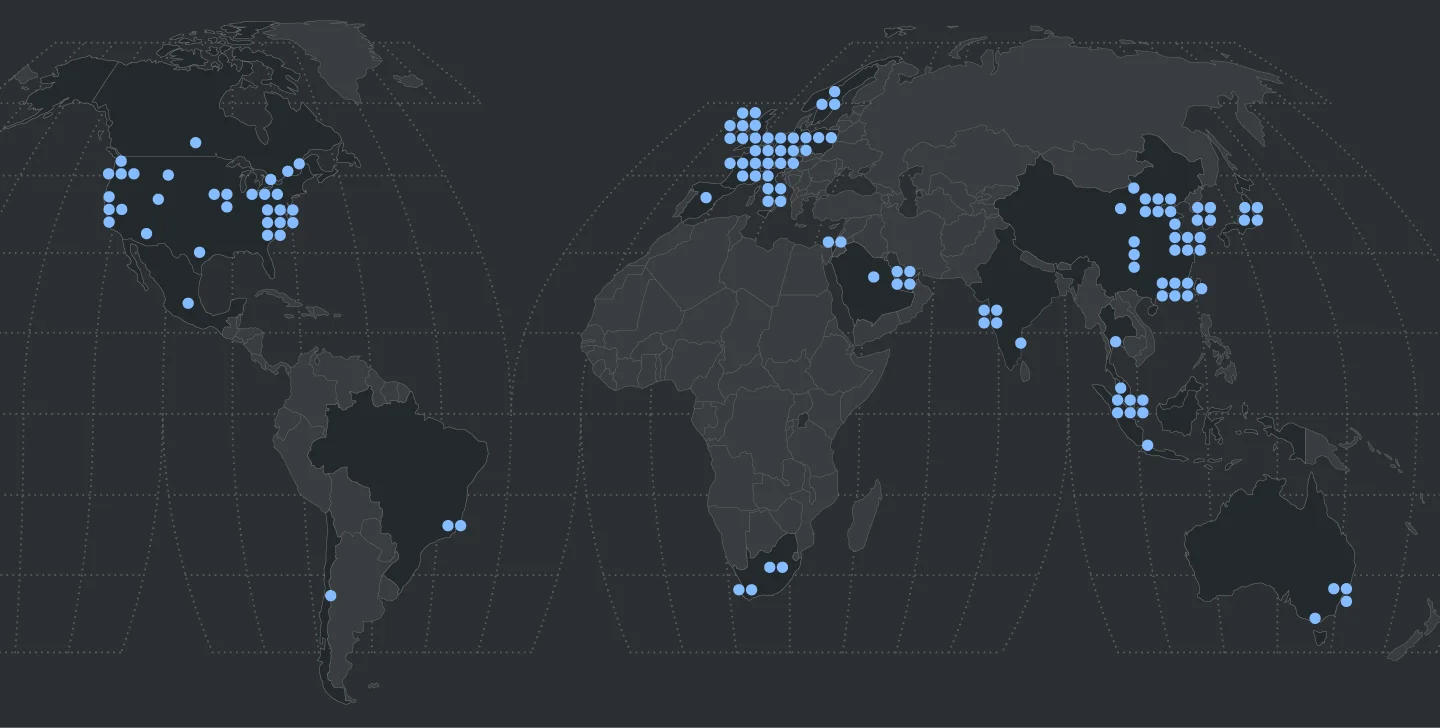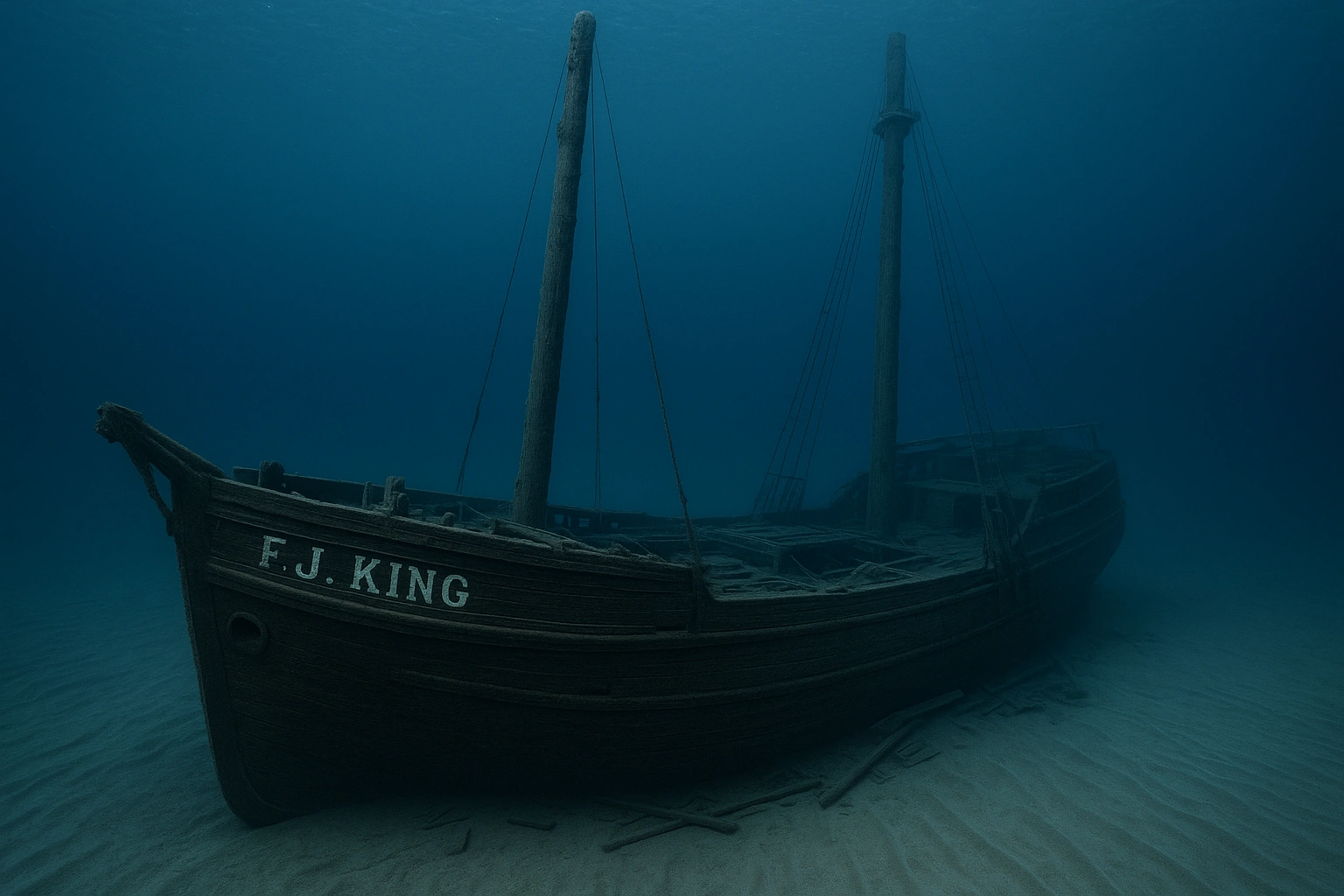Winning at America’s Game: The Toronto Blue Jays Unite a Nation
31.10.2025
A Country’s Team Returns to the Biggest Stage
Tonight, the Toronto Blue Jays and the Los Angeles Dodgers open Game 1 of the World Series at Rogers Centre in Toronto. For the first time since 1993, Canada’s team stands on baseball’s grandest stage — and this time, home-field advantage stretches from coast to coast.
It’s Canada versus California: Shohei Ohtani and baseball’s glamour franchise against a scrappy, exuberant club whose heartbeat echoes across a nation.
“We’re the only team that gets to experience that,” said Blue Jays manager John Schneider. “From coast to coast to have this team to grasp onto is really cool.”
From 1993 Glory to a 2025 Revival
It’s been 32 years since Joe Carter’s walk-off home run shook the SkyDome and sent Canadians into delirium. Since then, the nation’s most transcendent sports moments have come from hockey and basketball:
-
Sidney Crosby’s golden goal at the 2010 Olympics
-
The Toronto Raptors’ 2019 NBA championship
-
And now, George Springer’s cinematic three-run blast Monday night to clinch the American League pennant
That home run — the one that sent beer cans flying and stadiums vibrating — instantly joined Canada’s pantheon of sporting euphoria.
“Fans reacted with all their limbs,” one reporter wrote. “The stadium vibrated.”
A Team That Reflects a Nation
The Dodgers are polished, expensive, and Hollywood-perfect. The Blue Jays are young, gritty, and joyfully imperfect — a team other clubs once gave up on. They celebrate home runs with a hockey goal horn, a wink to Canada’s national pastime.
But the connection runs deeper. The Jays embody a moment of Canadian self-definition — one of identity and independence amid political friction with the U.S.
“The Blue Jays are the right team at the right time,” wrote one columnist, “for a country rallying around its flag and pushing back against an American president threatening its sovereignty.”
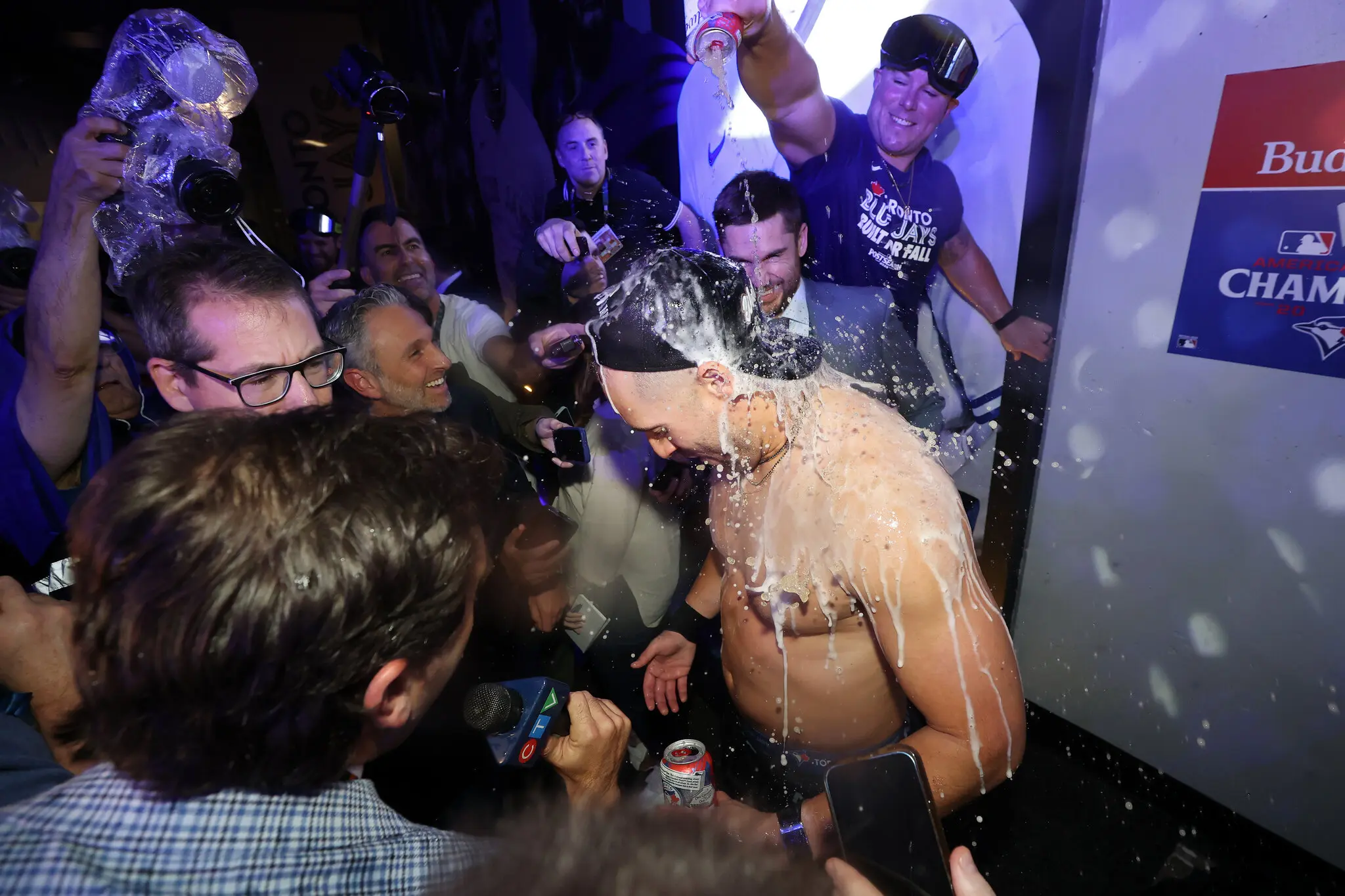
Vladimir Guerrero Jr.: Carrying the Flag
Born in Montreal, raised in the Dominican Republic, and now playing for the only MLB team north of the border, Vladimir Guerrero Jr. has become the symbol of Canada’s baseball rebirth.
“From the moment I signed here, I knew I had to make all the fans — the entire country — proud,” Guerrero said after Game 7. “My challenge is to bring the World Series back to Canada.”
In this postseason, Guerrero has six home runs and 12 RBIs, combining power with poise. His calm confidence channels the same quiet belief the country has in its team.
Canada’s Collective Joy
More than six million Canadians — roughly 15 percent of the population — watched Monday’s clincher.
That kind of unity has become rare in an era of political division, but sports have a way of erasing borders.
“When the Jays win,” said one Toronto fan, “it feels like the whole country is hugging itself.”
On social media, Springer’s home run has replayed millions of times — a moment that transcends baseball, rekindling nostalgia for a simpler, united Canada.
From Subway Rides to Center Stage
For veteran reporters and fans alike, this run is steeped in personal memory.
In 1993, some watched Carter’s home run from the SkyDome’s upper deck; in 2000, they saw Vladimir Guerrero Sr. taking the Montreal subway after Expos games. Now, decades later, his son has brought the dream full circle.
“No pressure,” Guerrero Jr. laughed. “You want to give everything you have for your country. You feel proud of it.”
A Nation’s Team — and a Nation’s Moment
The Blue Jays are more than a baseball team. They are Canada’s answer to America’s game — a living, cheering symbol of national pride.
Even if the best moment has already happened, few believe this team is finished.
They’ve already given a country something it rarely experiences in sports anymore: pure joy.
Joyfully, Canada’s team doesn’t agree that it’s enough.
